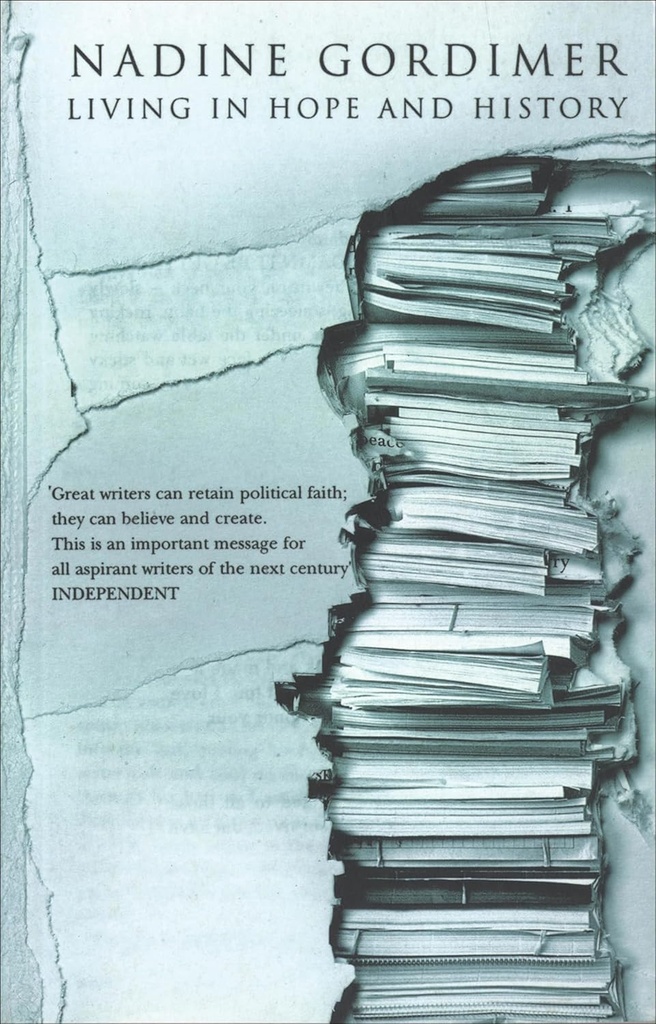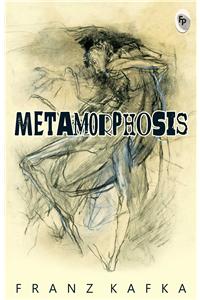সর্বাধিক বিক্রিত বই
Loading popular products...
|
Title |
Living In Hope And History |
|
Author |
Nadine Gordimer |
|
Publisher |
Bloomsbury Publishing Plc |
|
Category |
|
Delivery Charge (Based on Location & Book Weight)
Inside Dhaka City: Starts from Tk. 70 (Based on book weight)
Outside Dhaka (Anywhere in Bangladesh): Starts from Tk. 150 (Weight-wise calculation applies)
International Delivery: Charges vary by country and book weight - will be informed after order confirmation.
3 Days Happy Return. Change of mind is not applicable
Multiple Payment Methods: Credit/Debit Card, bKash, Rocket, Nagad, and Cash on Delivery also available.










































